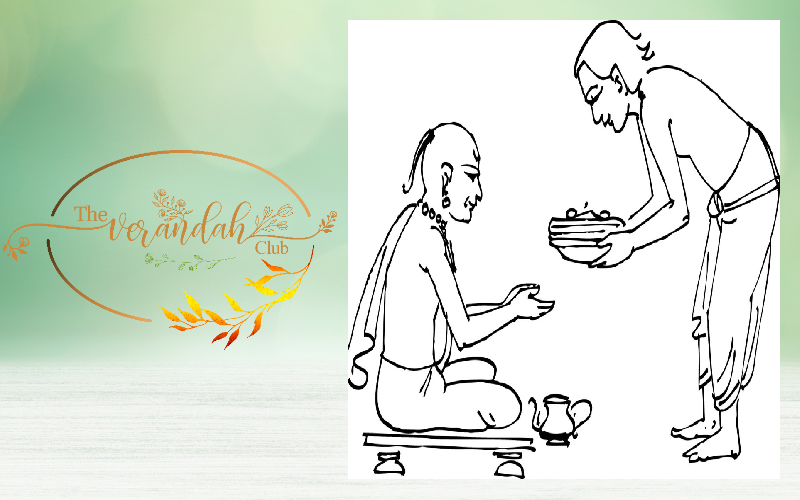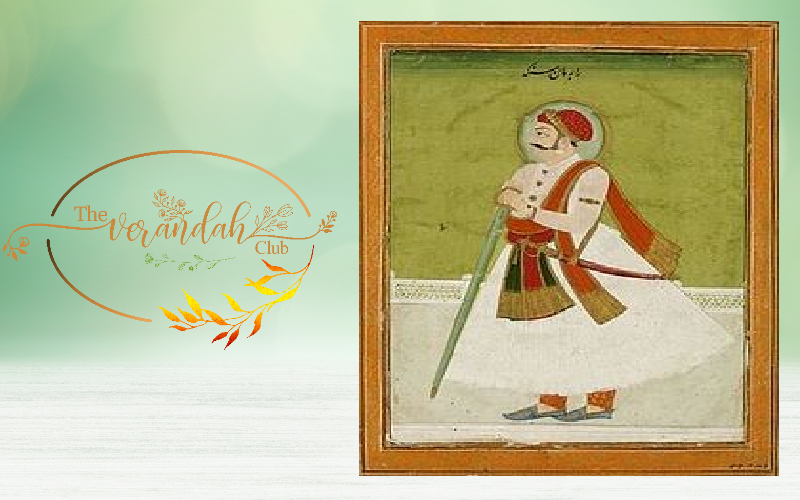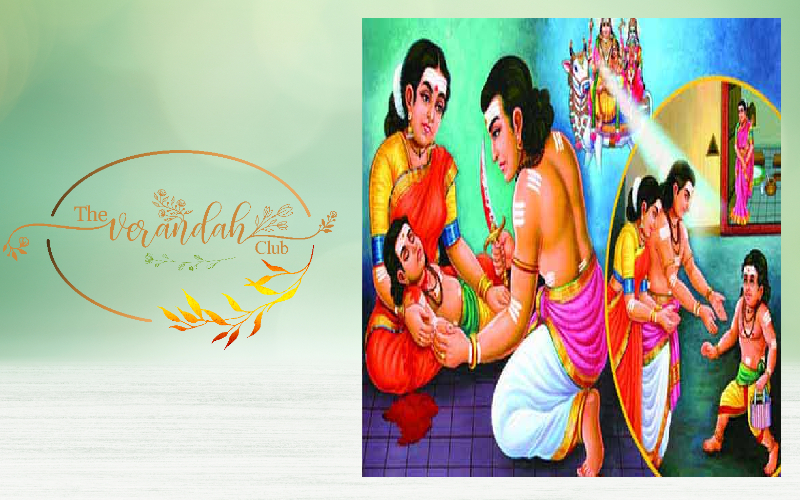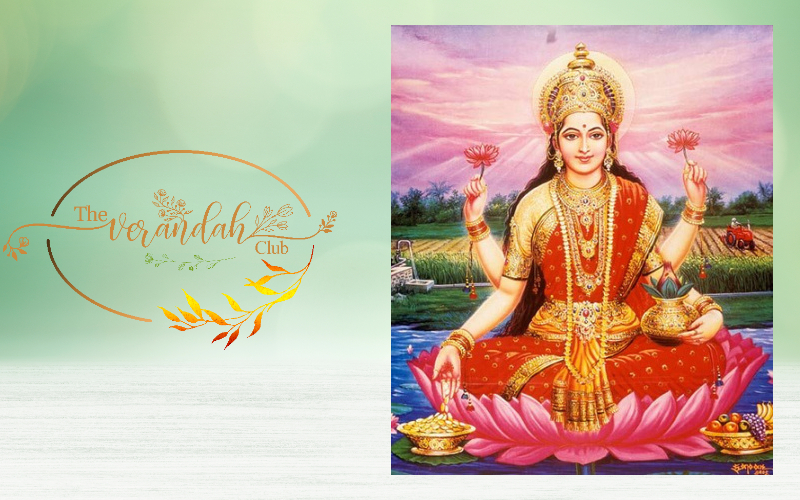
An Atiti or guest is considered to be equal to a deity. Ancient India was known to be an excellent host. People have misused their privileges while being received in our country. However, the goodness of our culture has always prevailed upon the situation. Our epics and history are full of situations connected with Atiti Satkara. These situations have only enriched the foundations of our ancient country.
It is important to welcome our guests for every guest is a bestowal of fortune. Every village or town had a choultry and the same was sponsored by the wealthy people of the region. Guests were permitted to stay in such choultries, and they were well looked after. These choultries would have a kitchen, a well, a place to eat, and rooms for stay. A caretaker, and a few aides would attend to the needs of the weary traveler. Travelers who had friends or relatives in the city or town would arrive unannounced and stay in their house. The homemakers of these houses used to welcome the guests with open arms and offer them the best that they could afford.

Hosts were generous to everyone and it included their enemies. The commander of the Mughal army, Raja Man Singh was received with grace by the Maharana of Mewar, Rana Pratap. The guests did not behave well. But a heroic cum polite Rana Pratap handled the situation with tact while not compromising on Self-respect. The ungrateful guest came back with Akbar’s army and a big battle took place at Haldighati. People continue to remember the gracious nature of Rana Pratap, in spite of the fact that he lost the battle. This tells us that Atiti Satkara creates history.
Our elders lived by the famous phrase, ‘Atiti Devo Bhava’. They would first offer food to the guests before having any long conversation. Guests would be offered water and jaggery on arrival. This was a practice in parts of Karnataka. Sensible hosts offered this in order to ensure that the guests were given nutrients that would replenish their energy.
The Mahabharata is full of stories connected with Attiti Satkara. Jayadratha of the Sindhu country illtreats his hostess Draupadi in the absence of the Pandavas and he pays for it dearly. Duryodhana tries to manipulate Sage Durvasa into causing difficulties to the Pandavas during their time in the forest. The noble intentioned Pandavas are saved by none other than Krishna Paramatma.

We have such examples in the ‘Periya Puranam’ also, however, the story of Siruthondar brings out the devotion in him. Unlike, the earlier two instances, Lord Shiva tests the devotee Siruthondar and shows his devotion to the world. One of the another Naayanmaars uses seeds kept for sowing for making a meal for his guests.
The stories of Sabari and Guha, from Ramayana, shows how a guest should be treated. Both of them are immortal characters today. The royal reception given to Sage Visvamitra to Dasaratha finally leads to the wedding of Rama and Sita. Receiving a guest with due respect was said to accumulate good merit.
The ill-treatment meted out to Acharya Chanakya led to the destruction of the Nandha Empire. The misbehavior of the hosts lead to their downfall. The Rana of Mewar offered his hospitality to Sultan Alauddin Khilji, in spite of knowing the evil nature of his guest. The Indian host never hesitated to receive a guest. He or She would receive gladly or fearlessly the cost of the consequence of hosting never bothered them. The cultural attitude of Indians with regard to Atiti Satkara speaks volumes about the civilization to which they belong to.

The concept of homestay has recently been introduced in India. This has been possible only because of the cultural strength of the people of the land. Even the poorest of the poor give away all that they have in order to satisfy a visitor. The story of the young Sankara, the Brahmachari seeking alms in the household of a poor family continues to be spoken about. The lady of the manor just had one gooseberry to offer. There was nothing else in the house, yet she gave away this last piece of food to the young Brahmachari. Sankara was pleased by this act and he spontaneously presented the gold endowing Kanakadhara Stotram. Lo! It showered golden gooseberries in the residence of the selfless hostess. The Kanakadhara Stotram continues to be recited by people seeking the grace of Goddess Lakshmi.
Atiti Satkara in India has been practiced by kings, sages and the poor alike. Numerous are the stories which speak about selfless hosting. Our country and our people continue to gain by practicing Atiti Satkara. Our civilizational strength of India makes it possible for its citizens to act as the most gracious hosts.
NEXT ARTICLE